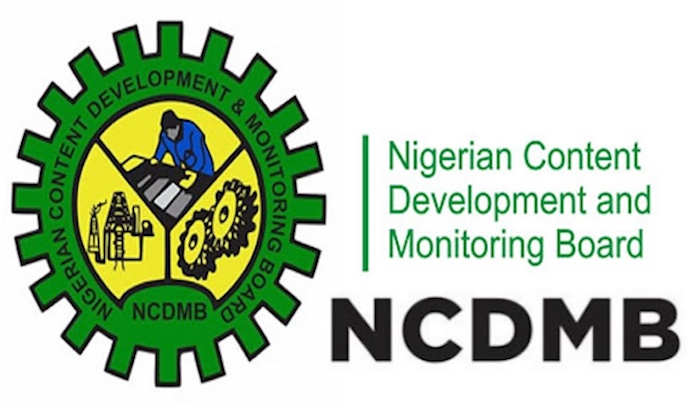The Nigerian Content Development and Monitoring Board (NCDMB) has achieved significant milestones in reforming Nigeria’s oil and gas industry, including the elimination of middlemen and briefcase investors from the industry value chain. This has shortened the contracting cycle to six months, enhancing the efficiency of operations and boosting local participation in oil and gas projects.
The Executive Secretary of NCDMB, Felix Ogbe, announced this at a breakfast meeting with media executives in Lagos on Monday. He attributed these successes to the three Presidential Directives on Local Content operations issued by President Bola Tinubu in March 2024, aimed at enhancing local content participation in Nigeria’s oil and gas sector.
Ogbe confirmed that the NCDMB had fully complied with the Presidential Directive on Local Content Compliance Requirements, 2024 (EO 41), which mandates that only local service companies with proven capacities and capabilities can participate in tenders within the oil and gas industry. This measure has played a critical role in eliminating unqualified contractors from the bidding process, thereby boosting transparency and efficiency.
Furthermore, the NCDMB has fast-tracked project approval processes and reduced touchpoints as part of its adherence to the Presidential Directive on Reduction of Petroleum Sector Contracting Costs and Timelines, 2024 (EO 42). These reforms are aimed at attracting new international and local investments, speeding up oil and gas projects, and ultimately contributing to the growth of the Nigerian economy.
New Initiatives and Industry Growth
Ogbe also revealed plans to launch a major initiative dubbed ‘Back to the Creeks’, which is aimed at taking the impact of local content implementation directly to oil-producing communities. This policy is expected to foster economic growth and development in the hinterlands and ensure that local communities benefit from the oil and gas industry.
Addressing concerns about the cost of crude oil production in Nigeria, Ogbe clarified that local content implementation does not increase production costs. Instead, the real drivers of increased costs are operational downtimes, community disruptions, and the need for enhanced security. He emphasized that the elimination of briefcase contractors has further streamlined operations, reducing unnecessary costs.
The NCDMB is also focusing on enabling final investment decisions for new projects by international oil companies and supporting indigenous oil and gas service companies. Ogbe mentioned that the board is reviewing the Community Contractors Fund, which has underperformed as part of the Nigerian Content Intervention Fund (NCI Fund), to enhance its effectiveness.
Local Insurance and Future Prospects
Ogbe hinted at plans to revive the insurance services guidelines that were signed with the National Insurance Commission (NAICOM) in June 2022. This move is expected to strengthen the local insurance sector by ensuring that Nigerian oil and gas companies patronize local insurance services, further supporting local content efforts.
The Executive Secretary stressed that the success of the Nigerian Oil and Gas Industry Content Development (NOGICD) Act and the Nigerian Content 10-year strategic roadmap is highly dependent on public awareness and the continued support of key stakeholders. He expressed gratitude to the media for their role in promoting the board’s activities and programs, pledging to deepen cooperation with the media under his leadership.
The meeting was attended by other senior management of the NCDMB, including Mr. Esueme Dan Kikile, General Manager, Corporate Communications and Zonal Coordination, and Dr. Ama Ikuru, Director, Corporate Services and Capacity Building. Both emphasized the importance of projecting Nigeria positively to attract more investments in the oil and gas sector.
Additionally, Mr. Abdulmalik Halilu, Director of Monitoring and Evaluation, reported a 90% performance rate for the NCI Fund based on the percentage of access by qualified companies and repayment by borrowers.
The NCDMB’s proactive measures, in line with President Tinubu’s directives, signal a positive outlook for Nigeria’s oil and gas sector, with improved local participation, reduced costs, and enhanced project execution timelines.
Keywords: NCDMB, Local Content, Oil and Gas, Presidential Directives, Nigeria, Crude Oil Production, Investment, Contracting Cycle, Middlemen
